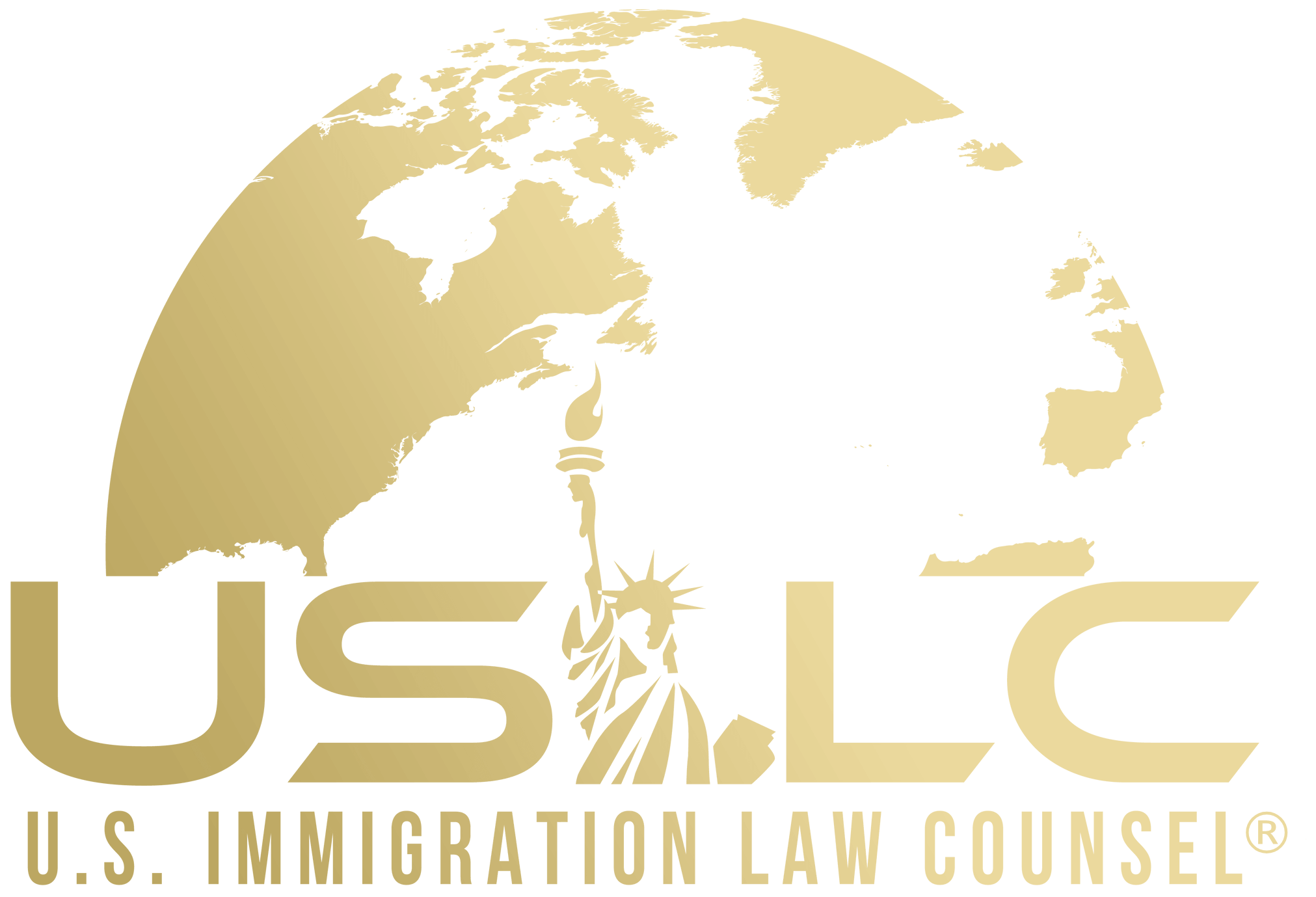In the realm of immigration, visa sponsorship stands as a beacon of hope for many who want to live and work in the United States. But this opportunity comes with a set of obligations and responsibilities, especially in the state of Florida. If you’re considering sponsoring a foreign national’s visa—whether it’s a student visa or business visa—or green card application, it’s crucial that you understand the intricacies of the process, the financial responsibilities, and the potential legal consequences that come with it.
Understanding Visa Sponsorship in Florida
Visa sponsorship is a process through which an individual or organization becomes responsible for ensuring that a foreign national meets the requirements for a visa or green card. In Florida, as in the rest of the U.S., this is a serious commitment that requires a thorough understanding of the obligations involved. With its diverse population and thriving economy, Florida attracts many foreign nationals. As a sponsor, you play a pivotal role in helping a foreign national realize their quest for citizenship. Still, it’s essential that you become informed in order to navigate the complexities of the process.
Requirements for Sponsoring a Visa
- Eligibility Criteria: To be a sponsor, you must be a U.S. citizen or a lawful permanent resident aged at least 18 with a domicile (residence) in the United States. This ensures that sponsors have a genuine connection to the country and are in a position to support the beneficiary (ie the person being sponsored). The age requirement ensures maturity, while the domicile condition ensures the sponsor has a stable base in the U.S.
- Affidavit of Support: This is a legally binding document that a sponsor must sign, pledging financial support to the beneficiary for a specified period. The Affidavit of Support isn’t just a mere formality—it’s a testament to the government that the beneficiary will not become a burden on the state. By signing this, you’re committing to stand by the beneficiary, and ensuring they have the means to sustain themselves in the U.S.
- Documentation: As a sponsor, you must provide evidence of your financial stability. This can include tax returns, employment letters, bank statements, and other relevant financial documents. This documentation serves a dual purpose. Firstly, it assures the government that you have the means to support the beneficiary. Secondly, it provides a clear picture of your financial health, ensuring transparency in the process. It’s essential to be thorough and honest when you provide these documents.
Financial Responsibilities of a Visa Sponsor
When you decide to sponsor someone, you’re essentially vouching for their financial well-being. This means:
- Financial Support: You must ensure the beneficiary has enough resources to live without relying on public funds. This might involve supporting them directly or showing that they have the means to support themselves. It’s not just about providing initial support; it’s about ensuring they can maintain a decent standard of living throughout their stay. This could involve helping them find employment or assisting with initial settling costs.
- Reimbursement of Public Funds: If the beneficiary does end up using public funds, you, as the sponsor, might be required to reimburse the government. This responsibility underscores the importance of the Affidavit of Support. It’s not just about making a promise—it’s about being accountable. If the beneficiary, for any reason, resorts to public assistance, the onus falls on you to ensure that the state is compensated.
Legal Consequences for Sponsors
Sponsoring a visa is more than just a financial commitment. It’s a legal one too. If the terms of the sponsorship are not met:
- Legal Action: The government can take legal action against you to recover any public funds the beneficiary uses. This isn’t a mere threat but a real possibility. As a sponsor, you’re entering into a legal agreement with the government. Any breach of this agreement, especially concerning financial support, can lead to severe repercussions.
- Potential for Visa Denial: If you fail to meet the sponsorship requirements, the beneficiary’s visa or green card application can be denied. This not only affects the beneficiary’s aspirations but also reflects on your credibility as a sponsor. You must be diligent enough to meet all requirements to avoid such outcomes.
- Binding Agreement: Remember, the Affidavit of Support is a legally binding document. Any breach can lead to legal consequences. This isn’t just a piece of paper but a contract with the government. It’s essential that you understand the weight of this agreement and approach it with complete seriousness.
The Process of Obtaining a Visa through Sponsorship
- Petition Filing: The process begins with the sponsor filing a petition on behalf of the beneficiary. This is typically done using Form I-130, Petition for Alien Relative. This crucial initial step sets the tone for the entire process because it’s the first place to present a strong case for the beneficiary’s eligibility.
- Document Submission: Along with the petition, you must submit all required documentation, including the Affidavit of Support and financial evidence. This step is about building a robust case, showcasing the financial stability and genuine intent of both the sponsor and the beneficiary.
- Application Review: Once the application is submitted, the U.S. Citizenship and Immigration Services (USCIS) will review it, which can take several months. During this period, it’s essential that you remain patient and proactive, and respond promptly to any queries or requests for additional information.
- Interview: The beneficiary will be contacted for an interview at a U.S. consulate or embassy. This is a crucial step through which they’ll be assessed on their eligibility. The beneficiary needs to be well-prepared, honest, and articulate during this interview.
- Visa Issuance: If everything is in order and the interview goes well, the visa will be issued. This is the end of the process, but the sponsor’s responsibilities continue even after the visa is granted.
Contact a Florida Immigration Attorney
Do you have questions about sponsoring a foreign national’s visa or green card application with the assistance of an immigration attorney in Florida? Then contact U.S. Immigration Law Counsel® through our website or by calling 1-800-666-4996. We deal with the government so you don’t have to. We look forward to helping you at this time.





